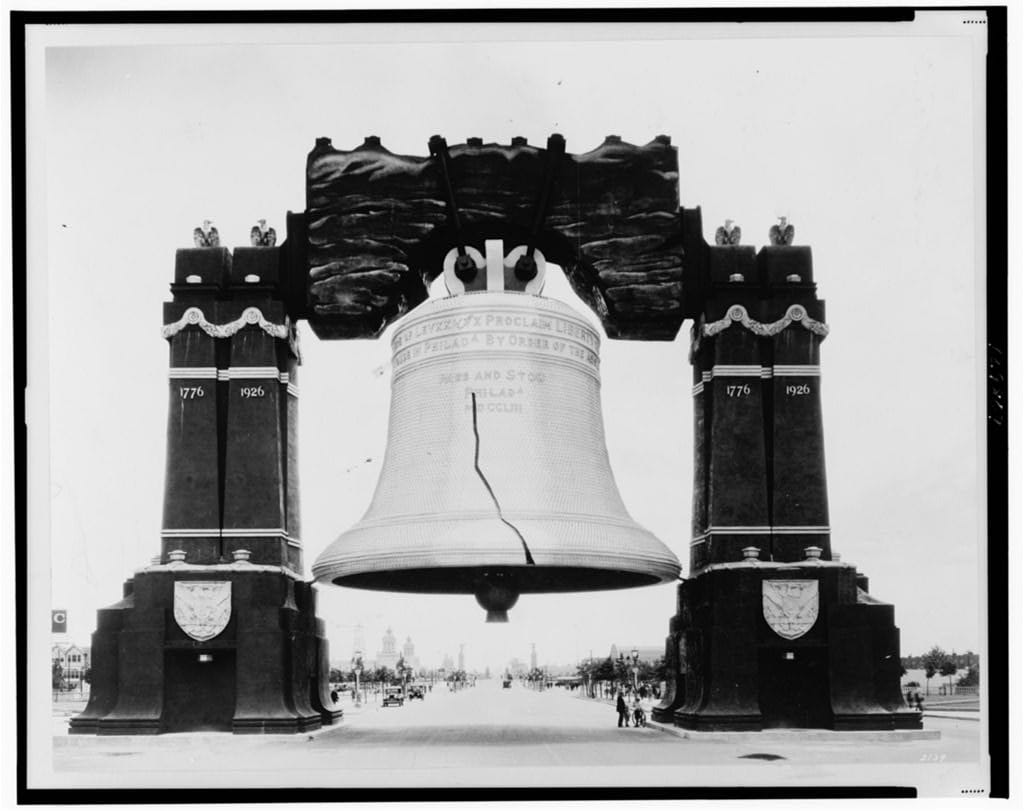My first flirtation with transnational history was as a graduate student, when I began a project involving Brazilians in Nigeria. A summer research trip yielded some rich sources, and I managed to publish an article. But as I contemplated the greater commitment of a dissertation, my attraction to a topic that would require multiple national and linguistic competencies and far-flung research began to flag. I turned instead to what seemed to be a more manageable project on colonial Nigerian social history.
Twenty years later, however, I’m no longer resisting the appeal of transnationalism. Although it has required some retooling in new areas, I’m at work on a contextualized biography of a 19th-century African American who made a life and left an impact in West Africa. In the 1850s, James Churchwill Vaughan left South Carolina for Liberia, then continued further east to “Yoruba country,” now southwestern Nigeria. There, he survived slave raids and political upheaval, saw the imposition of British colonialism, and led a revolt against white missionaries. Before his 1893 death in Lagos, he sent gold coins to a niece in South Carolina whose business had been torched by the Ku Klux Klan; his Nigerian descendants maintained contact with their American relatives, to the present. Vaughan’s transnational life history reminds us that American slavery was part of a connected, Atlantic world of bonded labor, one where slavery and freedom were not stark opposites but rather framed a continuum of dependency relations. Further, it shows how consciousness of the diaspora informed opportunities and strategies in colonial Africa.
In my (re)turn to transnational history, I’m definitely not alone. These days, journals regularly feature articles on transnational topics, and advertisements for faculty positions often contain the words “global,” “world,” or “transnational.” According to a 2010 AHA report, over half of the history departments listed in the United States (52.3 percent) now include at least one specialist in world history (not the same as transnational history, but a good proxy here), compared to 19.1 percent in 2000. In 2006, the AHR ran a forum on transnational history; the AHA annual meeting theme for 2010, we may recall, was “Globalizing History.”
Of course, some fields have always been transnational. If what we mean by that term is an approach focusing on movement, flows, and circulation that transcended politically bounded territories, then topics like migration and diasporas, long-distance trade, international political or religious movements, imperialism, maritime studies, and so on fit into the “transnational” tent. Historians of the formerly colonized world almost always link the local and the foreign. And those of us who are not U.S. historians teach in a transnational mode all the time, in our survey courses on “Africa,” “Asia,” “Latin America,” “the Middle East,” and “Europe.” Yet there does seem to be a new valorization of the transnational across many fields, including U.S. history. Where is this coming from, and what are some of its implications?
In part, the transnational turn involves the recognition that people, things, processes, and ideas in the past were mobile. Perhaps we historians are reminded of this by people’s contemporary mobility; or some of us may hope to temper the popular notion that movement is particular to our current moment of “globalization.” Transnationalism is also just methodological honesty: if we trace our subjects through the historical record wherever they lead us, we will at times cross borders, just as they did. And we can hardly seek to render the kinds of observations and conclusions made by migrants, traders, diplomats, missionaries, and other mobile people unless we are also able to move our attention across multiple spaces. To do so is not necessarily to write “global” histories, although such studies do encompass multiple parts of the world. Rather, it is to examine particular regions linked through specific networks, institutions, or processes.
Although military, diplomatic, and imperial historians have been doing this already, the “new” transnational history often has different objectives. Just as subaltern studies prompted us to consider colonial and postcolonial conditions from “below,” so social historians are now focusing on the human dimensions of transnational phenomena. Indeed, many recently published transnational histories are biographical or microhistorical accounts of otherwise unknown people.1 Rather than highlight abstract processes and aggregates, these studies give us intimate portraits of men and women experiencing and affecting larger-scale political, economic, social, or intellectual transformations. And like the best social histories, they emphasize the dignity and agency of the individual.
Though some transnational histories focus on particular people or groups, they nonetheless yield broader insights. In a relic of modernization theory and the developmentalism that preceded it, for instance, Africa and other parts of the “global south” are often presumed to be chronologically “behind” Western Europe and the United States. But tracing a given person, commodity, idea, process, or institution across borders puts different spaces in the same chronological frame. Similarly, it avoids homogenizing the “Third World,” as in underdevelopment or world systems theory paradigms.
Transnational history denaturalizes the nation. For most of the human past, people have lived and identified themselves with units other than the nation-state—like empires, diasporas, or city-states.2 Transnational histories can place the development of the nation-state in context, reminding us that the geographies, institutions, and cultural patterns associated with modern nations have changed over time and have been influenced by wider forces. Thus transnationalism contains an implicit critique of national histories conceived in isolation from those of the rest of the world, as if nations are and always have been self-contained.
Finally, transnationalism facilitates comparisons, which can make the exotic seem more intelligible and the familiar more contingent. Students, especially, need to learn that the formations of our particular present represent one set of outcomes among other possibilities. I have been reminded of this lately, as I’ve turned in my biographical research to ancestry.com, a genealogy tool that allows users to mine census and other records about millions of (mostly) dead individuals. As an Africanist, I can’t help comparing the view of ancestors contained in this resource with that of many Africans, for whom ancestors are memorable people from the past who can intercede for them in the spirit world. Ancestors may be associated with particular groups, but they do not require direct descent, and they may well be women; in contrast, ancestry.com emphasizes parental lineage and male descent. Here is a small example, then, of how thinking comparatively across different contexts can highlight similarities (the importance of ancestry in both Africa and the United States) and also reveal particularities (like American ideologies of individualism and patriarchy) that can make the familiar seem queer.
Transnational histories offer a range of insights—about mobility, the relationships that link and transcend political entities, the development of networks and states, the particularities of culture, and more—that are often overlooked in nation-bound studies. Yet practical considerations and the current training structure still inhabit its practice, especially—as in my case—early in a career. These days, topical specialties like the history of religion or Atlantic history are thriving in some departments. How else might transnationalism figure in the future of our discipline?
Notes
- Two excellent examples are James H. Sweet, Domingos Álvares, African Healing, and the Intellectual History of the Atlantic World (2011) and Rebecca J. Scott and Jean M. Hébrard, Freedom Papers: An Atlantic Odyssey in the Age of Emancipation (2012). John Wood Sweet and I are co-editing a collection in this vein, The Black Atlantic and the Biographical Turn, forthcoming from University of Pennsylvania Press. [↩]
- See, for instance, Jane Burbank and Frederick Cooper, Empires in World History: Power and the Politics of Difference (2010). [↩]
Lisa Lindsay is associate professor of history and director of undergraduate studies at the University of North Carolina at Chapel Hill. She is the author of Captives as Commodities: The Transatlantic Slave Trade. She wishes to thank Sarah Shields, John Wood Sweet, and Sheryl Kroen for their help with this piece.

